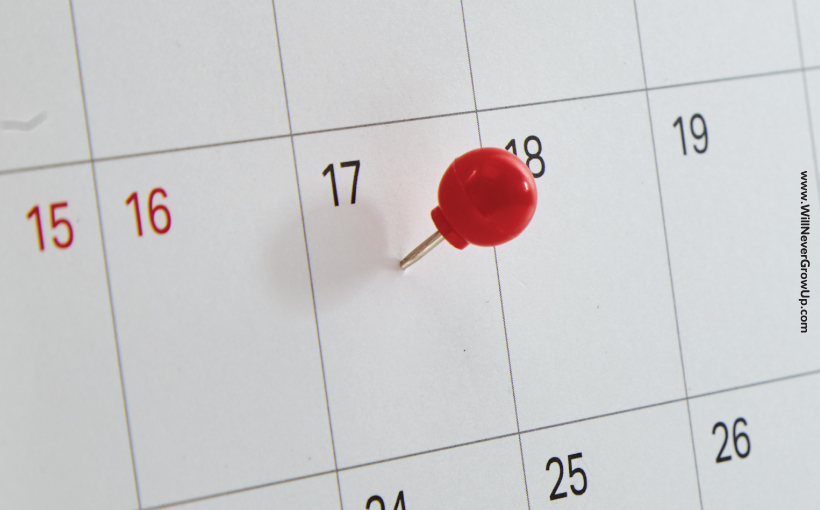Working remotely is our reality now, for at least a few weeks that are ahead of us. Companies and their employees are settling in with the new ways of working. As we persist against the backdrop of a pandemic and a sluggish economy, it has become more important than ever to rise to the challenges and see our responsibilities through.
Managers have an added duty of ensuring that they keep the team together while work continues with minimal interruptions. It can be quite challenging to get into a rhythm, considering the fast pace with which everything has unfolded but there are some ways in which you can manage your team more efficiently.
Follow a set structure and reduce unpredictability
Working from home requires discipline, not just for an individual but in also how you carry out your responsibilities as a manager. It’s really up to you and the kind of work your team is involved in, to decide how to structure your briefings. Whether it’s a Monday morning meeting to plan for the week ahead, every morning before the workday begins or through a weekly email update, your team should know that you are overseeing every aspect of the work being done, have well laid out plans and everything is under control work-wise. The idea we are driving home here is that, set priorities and expectations so that your team knows what they are working and contributing towards. Clarify roles, responsibilities and identify people to approach for guidance and overcoming roadblocks so that the team isn’t left directionless. Make it a practice to check-up and gather updates at least once a day to be on top of the progress happening.
Stay attuned to the emotional state of your team
Yes, tough times call for being resilient and adaptable to the situation. However, considering how every human is unique, not everyone will be able to be so with the same capacity. While practicing social distancing, a sense of isolation and disconnect might set in. In fact, a study of more than 10,000 responses by Blind to understand the effects of social distancing on the emotional well-being of professionals in terms of loneliness and productivity has revealed that 52.9% of them experience increased loneliness while working from home. To boost your team’s mood and productivity, encourage casual banter and personal interaction amongst the members. As a leader, you must be quick to identify the stressors that may be crippling individuals. For that, pay close attention to your interactions with them. Ask more questions to know their emotional state but most importantly, listen.
Offer answers and provide support
Considering these are tough times, there may be questions floating around in the minds of the employees regarding job security, salary etc. The uncertainty builds up anxiety, which in turn disturbs their mental wellbeing and affects their work too. As a manager, it’s your responsibility to provide information, answer their questions with utmost honesty and give assurance and the necessary support employees need and expect. At times, just providing a listening ear without any judgement is more than enough. Another point to keep in mind is to be available and accessible so that your employees can reach out to you whenever a need arises.
Boost morale and keep motivation high
Labour Day is a great reminder to acknowledge and celebrate the contributions of your team. Managers should start with appreciating and recognizing the efforts of their teams and individuals who have been at the forefront of driving efficiency in such trying times. People are working long hours and are taking up extra responsibilities, especially in those companies which have been reduced to the core or the essential teams. They might even be covering for their sick colleagues. Acknowledge them to let them know what great work they have been doing. Truth is, the need to be patted on the back increases during a difficult situation. It’s not uncommon for motivation and morale to go out the window and disengagement to set in when there is a dearth of a support system. Employee engagement is essential for better productivity and efficiency therefore, keep them engaged through light, playful fun activities like game sessions, quizzes or even by asking everyone to dress up in matching colors! Engaged employees are happy employees who are more productive, according to research by Oxford University’s Saïd Business School, which found employees to be 13% more productive when they were happy.
Amidst all the chaos, be mindful of your well-being too. How else will you take charge, carry out your responsibilities and set an example for others if you are not in your prime state? Crises also tend to magnify the cracks already existing in the system. This is a time to assess, analyze and prepare so that when it’s all over and the normalcy returns, we come out stronger, wiser and better equipped to deal with similar challenges in the future.





